Western Bulk Herbs – Psyllium Seed
Psyllium Seed is used for chronic constipation and to ease anal fissures, hemorrhoids, and treatment of irritable bowel syndrome.
Latin Name:
Plantago ovata
Common Names:
Blonde psyllium, and isphagula.
Parts Used:
Whole Seed without the husk.
Properties:
Laxative, demulcent, and antidiarrheal
Traditional Uses:
Ground seed always taken with at least 1 full glass of water.
Topical Uses / Applications:
Culinary Uses:
Not used in cooking.
Chemical Properties:
Ascorbic acid, aucubin, beta-carotene, beta-sitosterol, calcium, chromium, cobalt, fiber, linoleic acid, magnesium, manganese, mucilage, niacin, oleic acid, oxalic acid, phosphorous, potassium, riboflavin, selenium, sodium, stigmasterol, thiamine, tin, zinc.
Folk Lore:
Cautions:
Psyllium should not be used in combination with stimulant laxatives. Do not use Psyllium if you have esophageal stenosis, abnormal intestinal narrowing or bowel obstruction due to the bulk forming effect. Be aware of blood sugar levels if you are diabetic since insulin may need to be reduced. Avoid if there is iron-deficiency anemia, osteoporosis, or chronic mineral malnutrition. Since Psyllium may reduce the absorption of other drugs, it is recommended that one take medications at least one hour before Psyllium.
*Disclaimer: These statements have not been evaluated by the Food and Drug Administration. This product is not intended to diagnose, treat, cure or prevent any disease.
Resources:
PDR for Herbal Medicines, 2000. Medical Economics Company, Montvale, New Jersey.
The New Holistic Herbal. David Hoffmann, 1990. Barnes and Noble Books, New York.
A Modern Herbal, Mrs. M. Grieve, (Dover Publications, New York, 1971)
Major Herbs of Ayurvedic.Compiled by Dahur Research Foundation and Dahur Ayurvet Limited, Ghaziabad, India., 2002. Churchill Livingstone, London, England.
Chinese Herbal Medicine: Materia Medica, Third Edition, Dan Bensky and Andrew Gamble, 1986. Eastland Press, Seattle, WA.
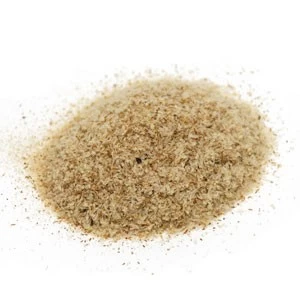
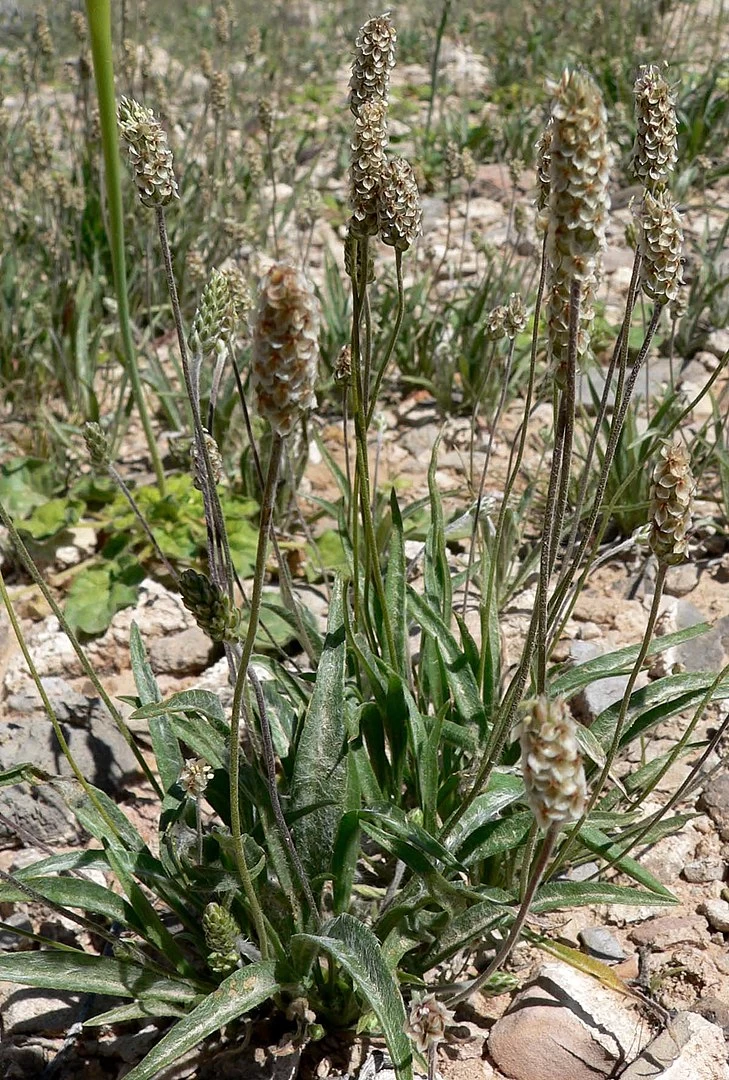
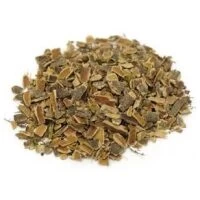
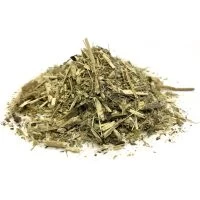
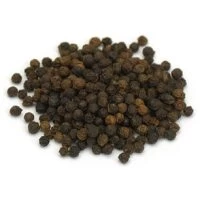
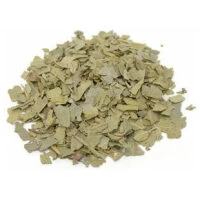
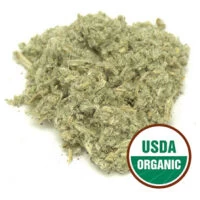
Reviews
There are no reviews yet.